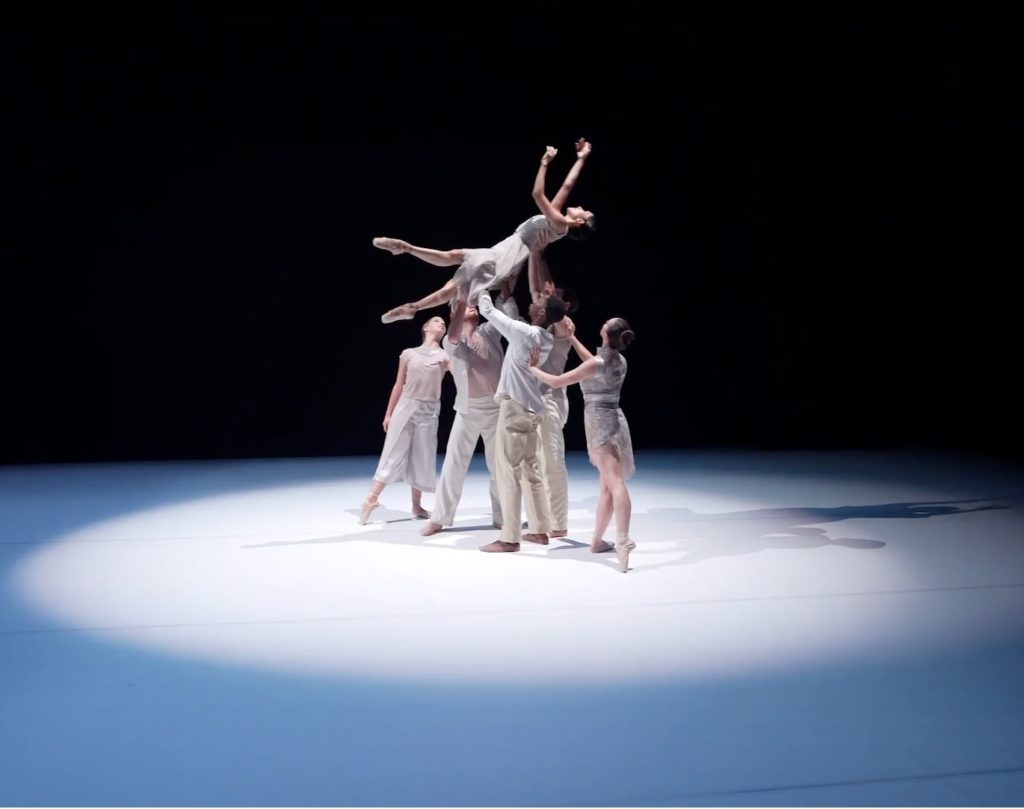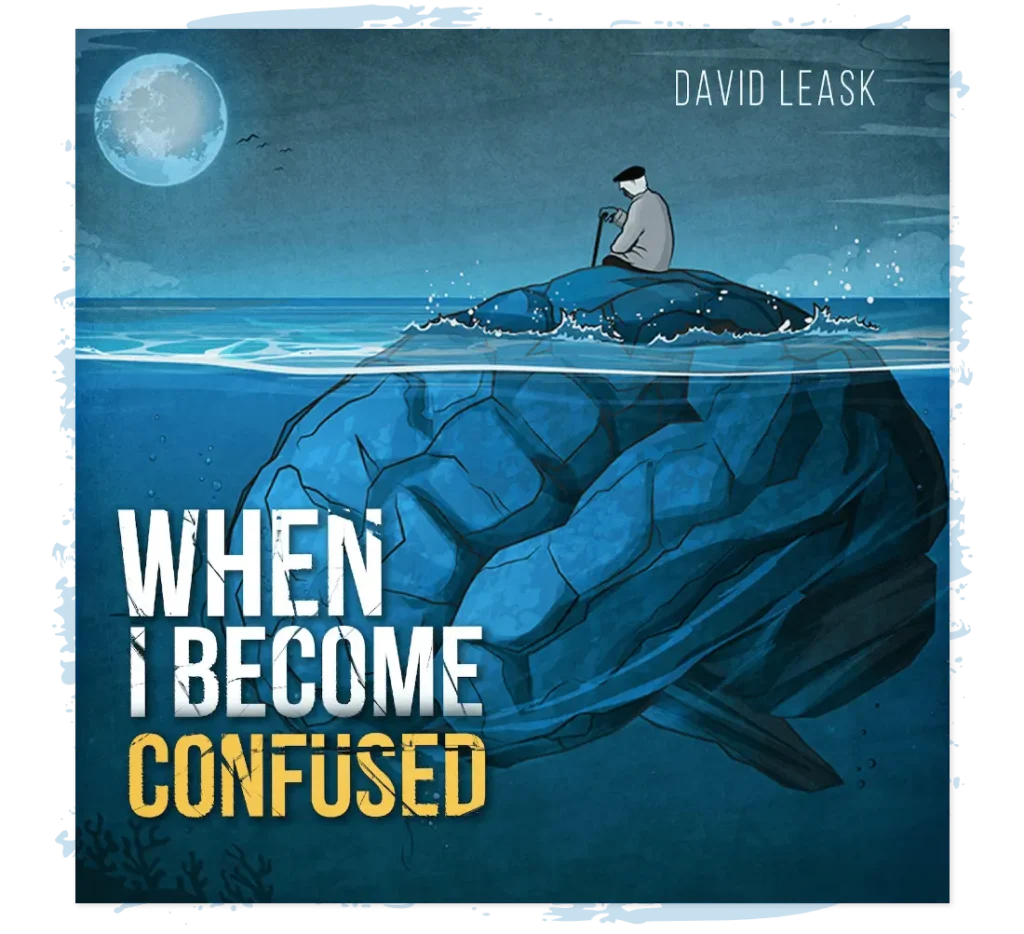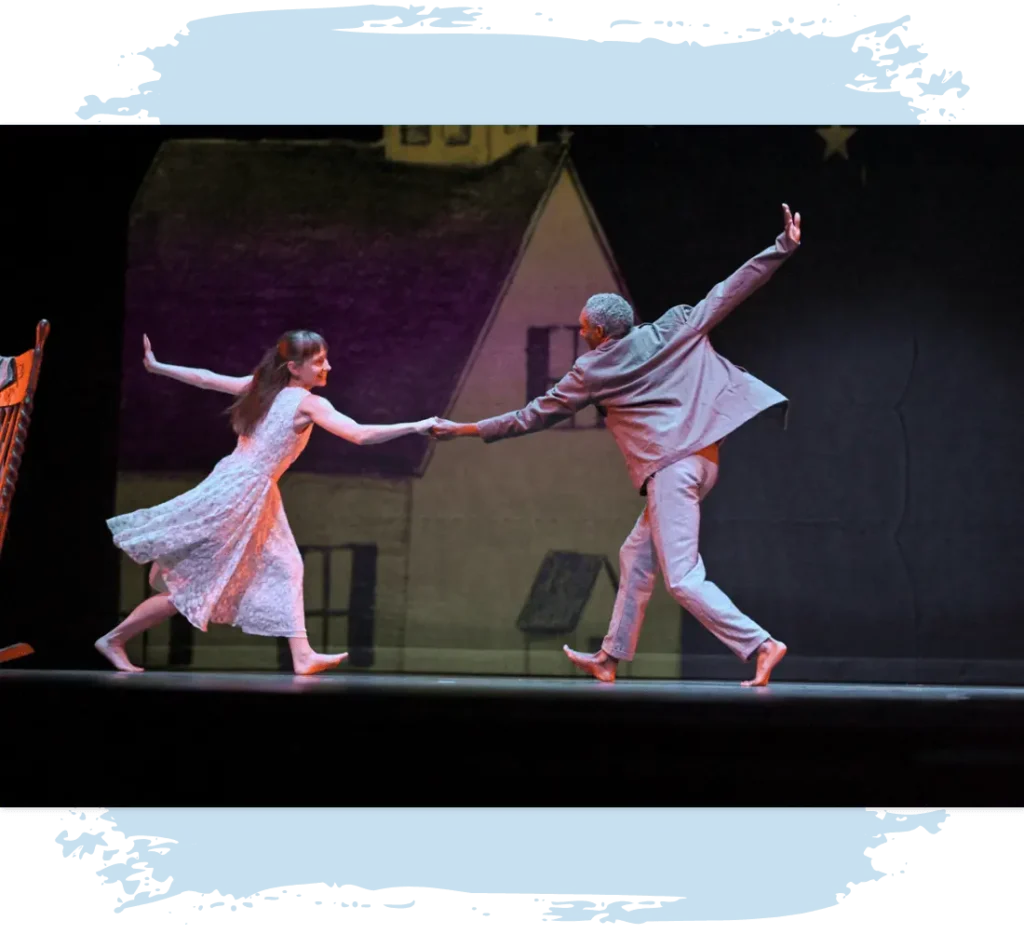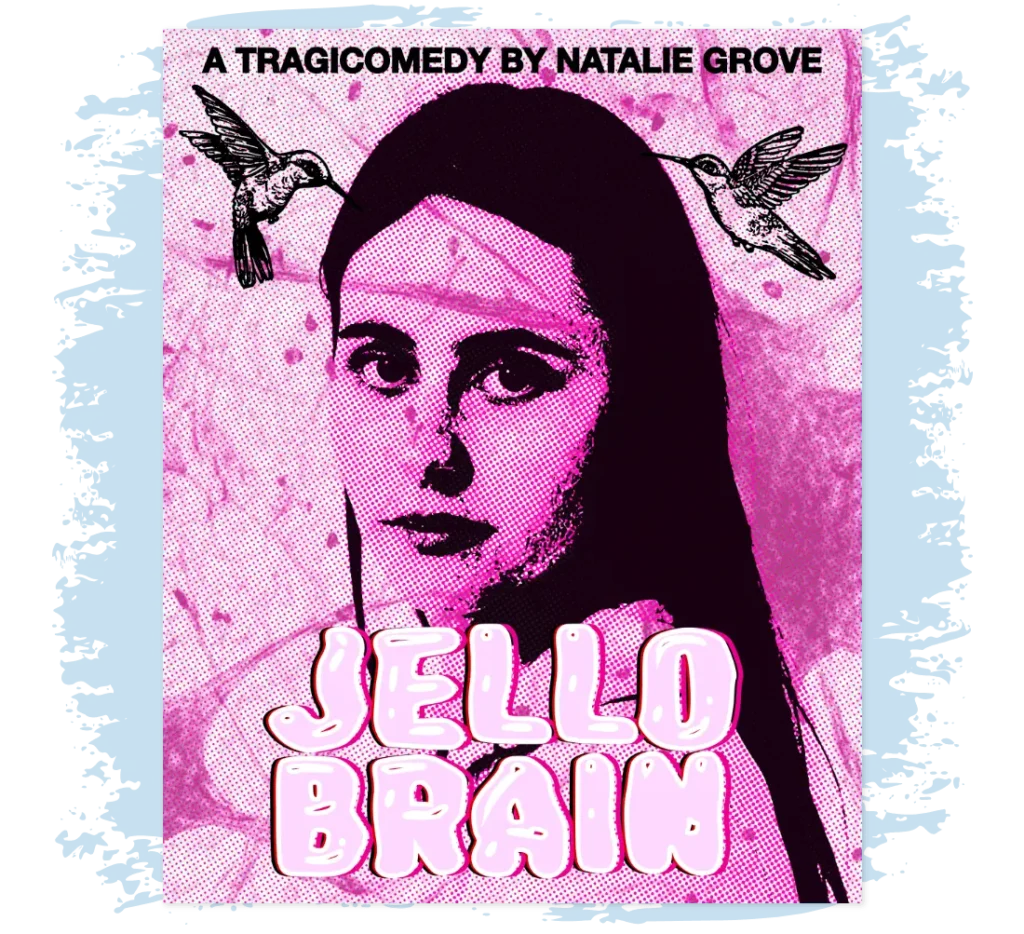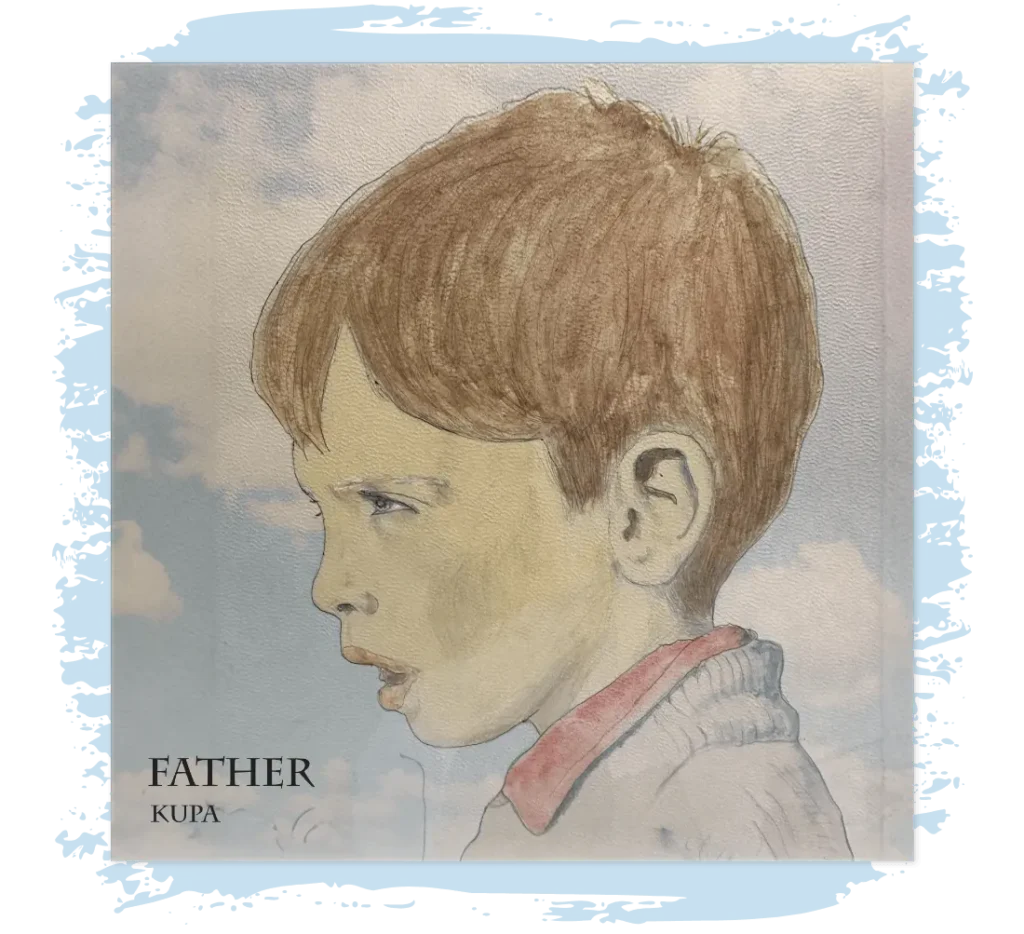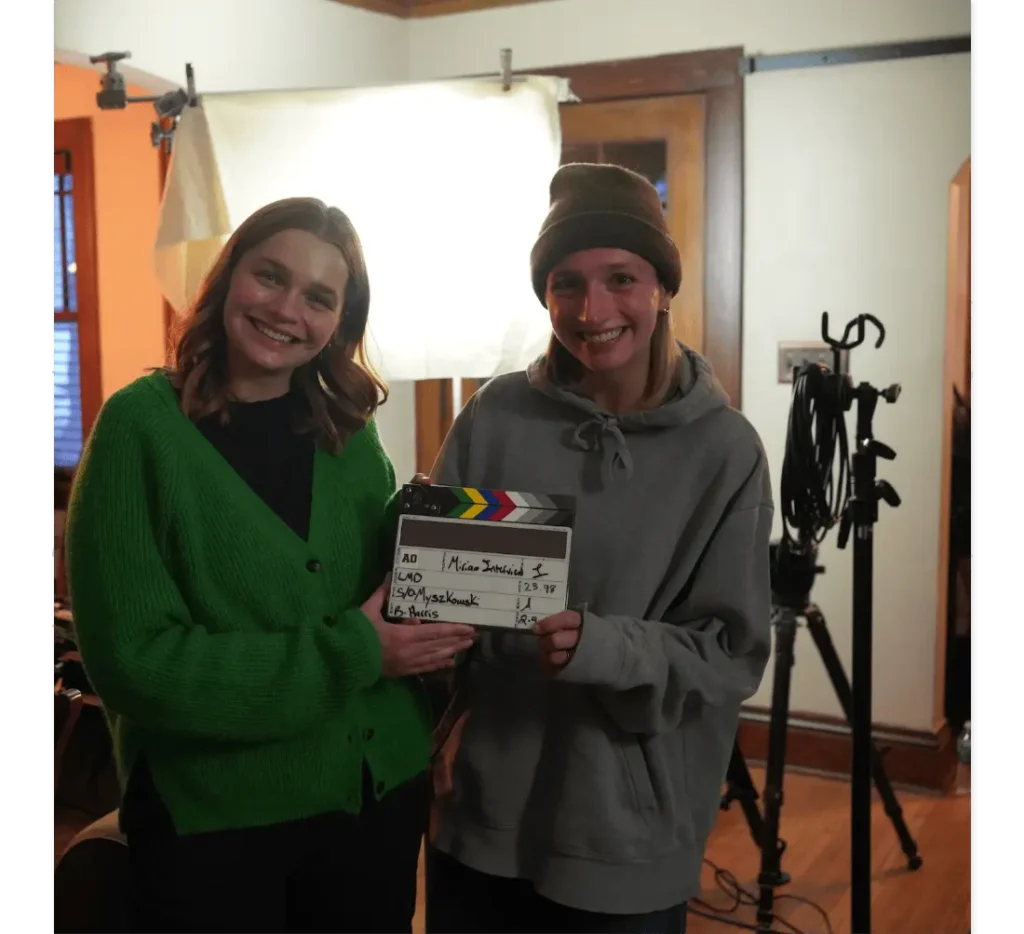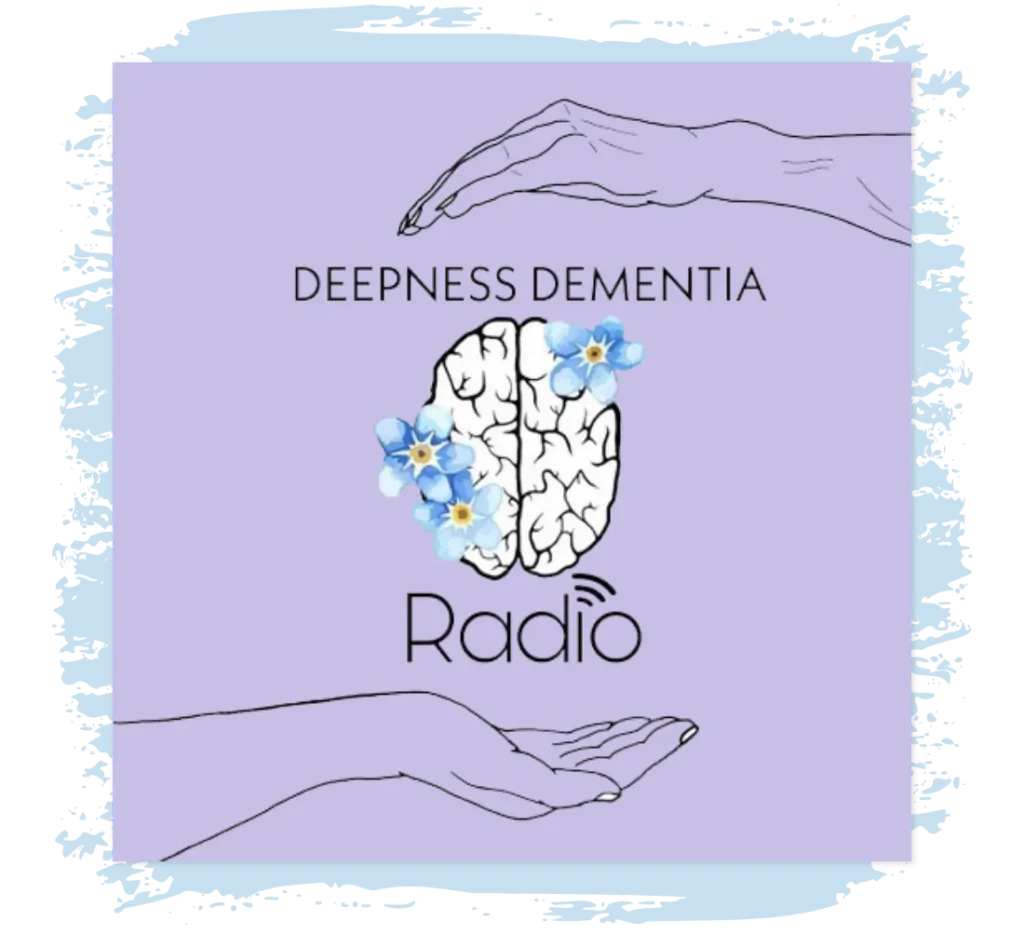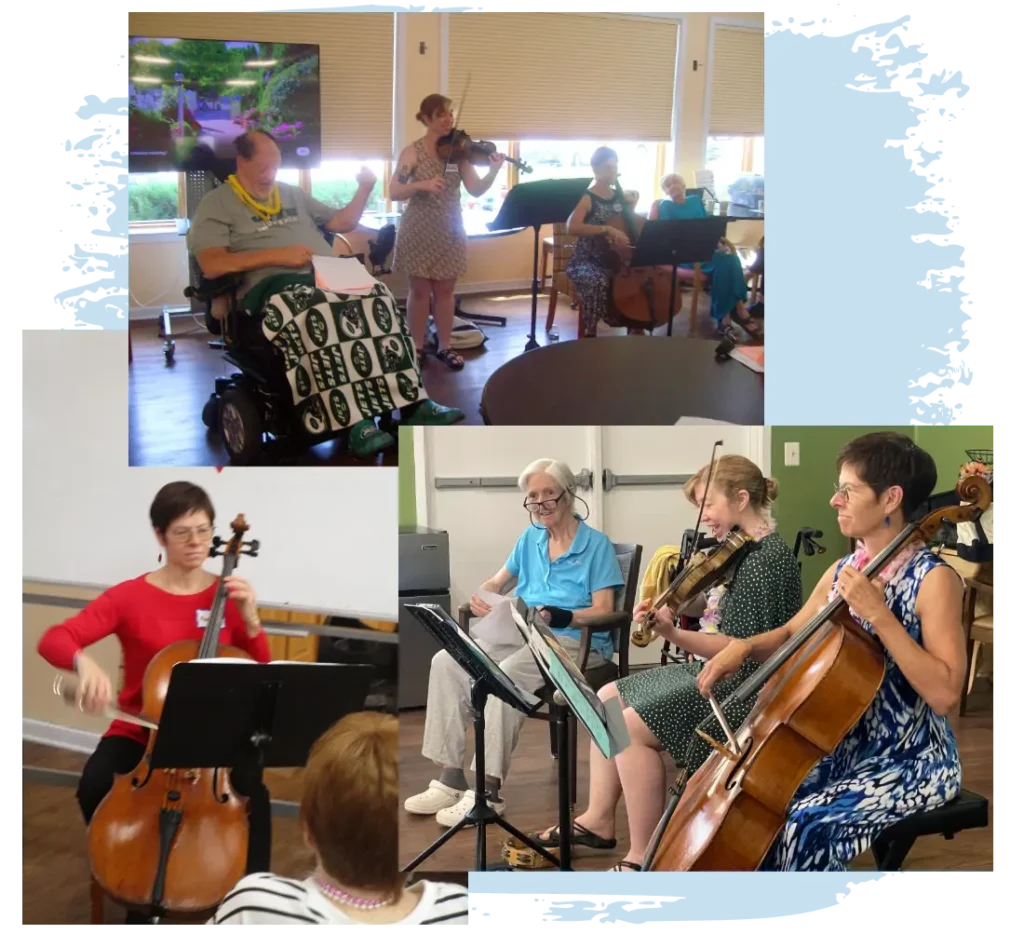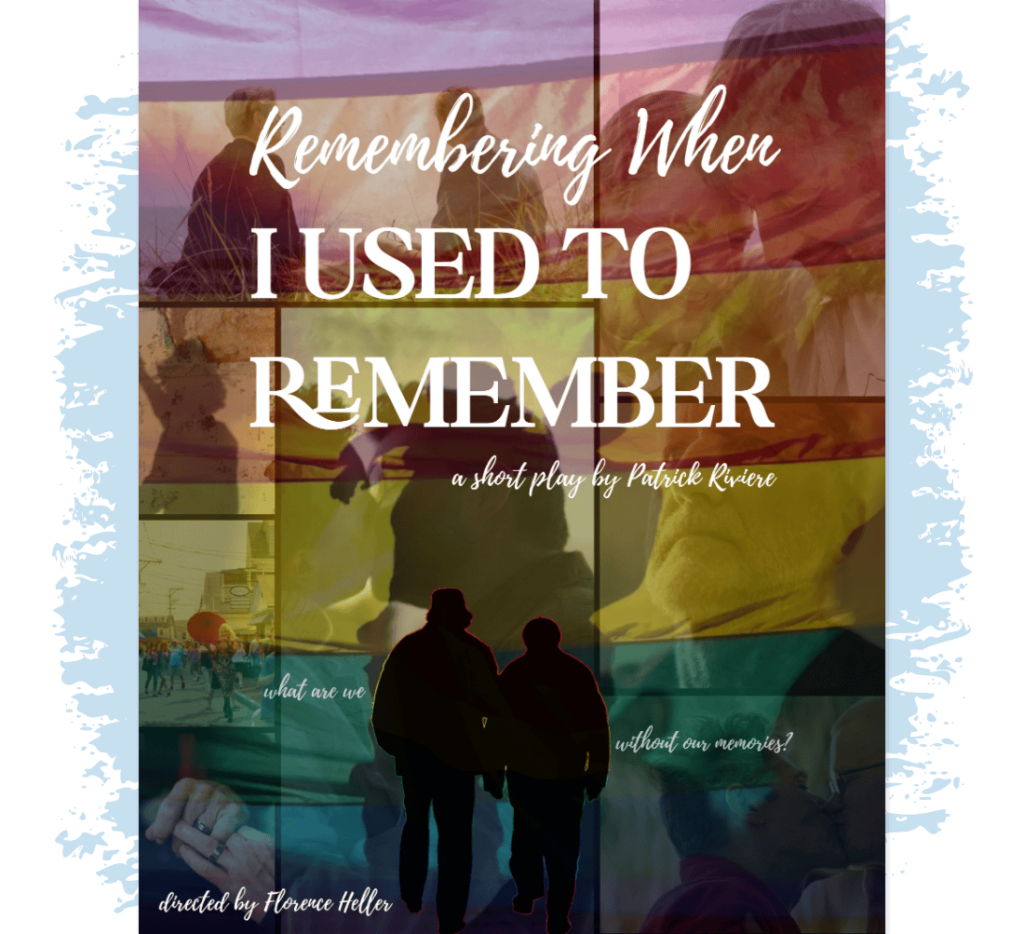An interview with Tara Lee – Dancer, Choreographer, Actress
Caring for someone living with dementia is a dance, a journey of ups and downs – with both the individual living with the diagnosis and their care partner playing a unique role. This emotional journey of a dance is what Tara Lee sought to portray in her ballet turned film, “The Poet”. “The Poet” follows a man living with dementia and his daughter. It shows beautiful moments of connection when the man finds his words through his poetry during the darker moments of confusion.
Lee, with her years of experience in dance and choreography, initially sought to create a ballet that explored the end of life and what was most important to remember as the end drew near. Through conversations with her life partner, she identified her real intention was to focus on the experience of an individual living with dementia and their care partner – an experience she is well acquainted with on a personal level.
In “The Poet”, Lee faces the fear of dementia head on – despite her own initial apprehension of taking on such a heavy topic. She took the opportunity to dive in, research and explore dementia deeper than she ever has. She shared that she balanced the dark side of the disease with “hopeful questions” and that she wanted to capture a certain “magic”. While the man living with the disease had a reality that was shifting from ours, she wanted to capture the mystique in it. Lee also sought to capture the strength of the care partner. She reflected, “It’s funny how when you’re called upon to help someone who needs you, you realize how strong you really are”.
When telling the story of “The Poet” in different mediums, Lee shared that the presentation of a film versus a live presentation allowed for a larger array of artistic choices – angles, lighting, time of day, and scenery. Most importantly, Lee credits the music for helping to accentuate the highs and lows of the disease.
Lee cites this project as one of the most challenging projects she’s ever taken on, but the overwhelmingly positive, emotional response it has received has made it “profoundly good”. “The Poet” created a universal experience for viewers – while many were brought to tears, all reported feeling uplifted as well. This in and of itself brought a unification to a disease that can be isolating to so many and showcased the power of the arts. As Lee says, “Art can tap into the things underneath – it’s fundamental and so needed”.

